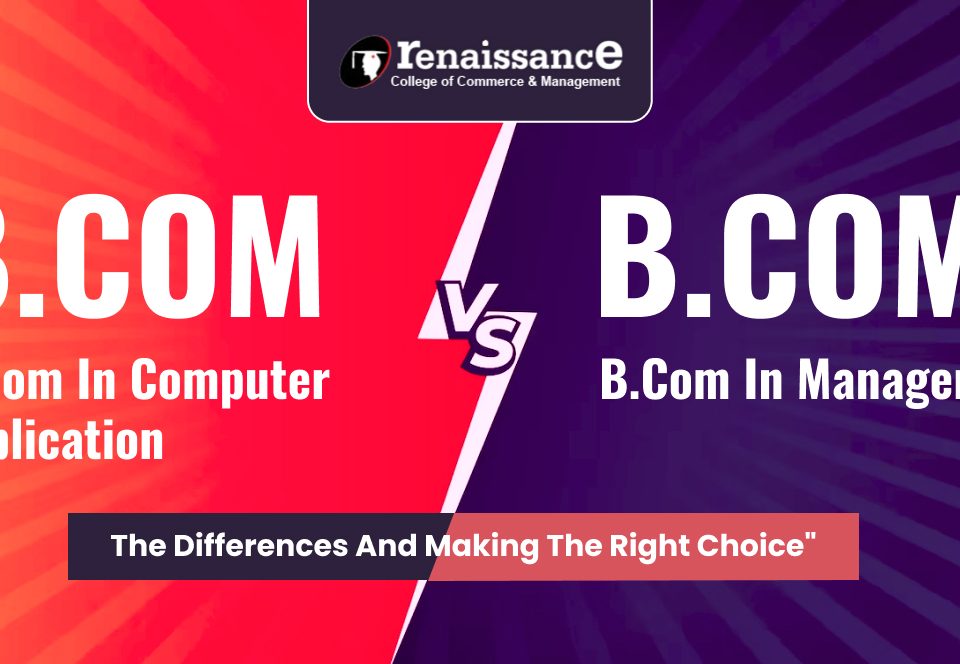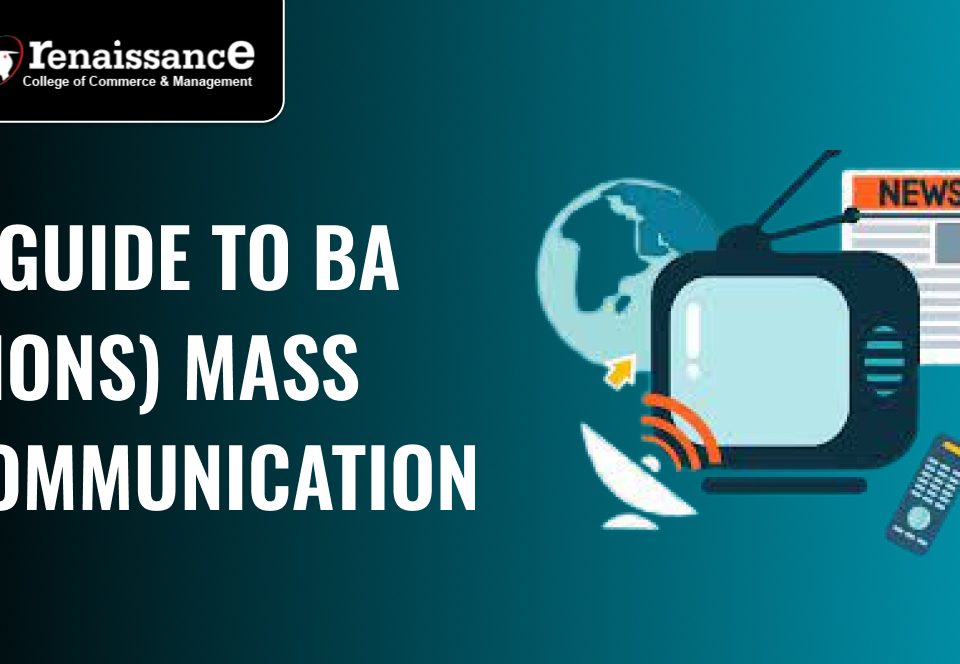BA vs BBA : Salary, Eligibility, specializations, syllabus and Career
Introduction
Choosing the right degree is a crucial decision that can have a significant impact on your career trajectory. If you are interested in pursuing a career in business or management, you may be wondering whether to choose a Bachelor of Business Administration (BBA) or a Bachelor of Arts (BA) degree. While both degrees offer a solid foundation for a successful career, there are significant differences between the two. In this blog, we will explore the differences between BBA and BA degrees in terms of syllabus, career opportunities, fees, top colleges, admission process, specialization, and eligibility criteria to help you make an informed decision about which degree is right for you.
Syllabus of BBA and BA
The syllabus for a BBA degree is designed to provide students with a strong foundation in business and management principles. The core courses typically include accounting, finance, marketing, human resources, and entrepreneurship. Students will also take courses in statistics, economics, and business law. In addition, most BBA programs offer elective courses in areas such as international business, operations management, and information technology.
On the other hand, the syllabus for a BA degree is designed to provide students with a broad-based education in the humanities and social sciences. Students take courses in literature, history, philosophy, sociology, psychology, and foreign languages. The curriculum is designed to provide students with a well-rounded education that prepares them for a variety of careers.
While the syllabi for BBA and BA degrees are quite different, both degrees require students to take courses in communication, critical thinking, and problem-solving. These skills are essential for success in any career, and students in both programs will have the opportunity to develop them.
Career Opportunities
The career opportunities available to graduates of BBA and BA degrees differ significantly. BBA graduates are prepared for careers in business and management, while BA graduates can pursue a wide range of career options in various fields.
BBA graduates can work in various roles such as business analysts, marketing managers, finance analysts, human resources managers, operations managers, and entrepreneurs. They may work in corporations, government agencies, or start their own businesses. With the specific skills learned during their BBA program, graduates can succeed in various sectors such as banking, insurance, consulting, and many other industries.
On the other hand, BA graduates can pursue careers in journalism, writing, editing, teaching, social work, psychology, counselling, diplomacy, and various other fields. Graduates can work in the private or public sector, depending on their chosen career path. BA graduates can also continue their education to pursue graduate degrees in various fields such as law, business, or education.
It’s important to note that the career opportunities for both BBA and BA graduates are constantly evolving, and students need to stay updated on the latest trends and job requirements in their fields of interest. While the two degrees offer different career paths, both can lead to fulfilling and rewarding careers.
Fees and Top Colleges
The fees for BBA and BA degrees can vary significantly depending on the institution and the country of study. In general, private universities tend to charge higher tuition fees than public institutions.
Some of the top colleges offering BBA degrees include:
- Renaissance college of commerce and Management (RCCM Indore)
- Massachusetts Institute of Technology (MIT Sloan School of Management)
- University of California, Berkeley (Haas School of Business)
- University of Michigan (Ross School of Business)
- New York University (Stern School of Business)
- London Business School
- Indian School of Business
- National University of Singapore Business School
- Hong Kong University of Science and Technology Business School
- University of Cambridge (Judge Business School)
The fees for BBA programs in these institutions can range from $30,000 to $80,000 per year.
Some of the top colleges offering BA degrees include:
- Harvard University
- Stanford University
- Massachusetts Institute of Technology (MIT)
- California Institute of Technology (Caltech)
- University of Oxford
- University of Cambridge
- Princeton University
- University of Chicago
- Yale University
- Columbia University
The fees for BA programs in these institutions can range from $30,000 to $70,000 per year.
It’s important to note that there are many other colleges and universities offering BBA and BA programs around the world, and students should consider their own needs and priorities when selecting a college or university to attend. Additionally, scholarships, grants, and financial aid may be available to students to help offset the cost of tuition.
Admission Process
The admission process for BBA and BA programs varies depending on the college or university. In general, the process involves submitting an application, academic transcripts, letters of recommendation, and sometimes essays or personal statements.
For BBA programs, some colleges and universities may require standardized test scores such as the SAT or ACT. Additionally, some institutions may require students to demonstrate proficiency in a foreign language, especially if the program includes international business coursework.
For BA programs, standardized test scores may also be required, but the specific requirements vary by institution. Many BA programs also require students to complete a set of core courses in areas such as math, science, and humanities.
In both cases, it’s important to research the specific admission requirements for each college or university and to plan ahead to ensure that all application materials are submitted before the deadline.
Students may also need to attend an interview or provide additional documentation, such as proof of language proficiency, depending on the specific requirements of the program.
In general, admission to top BBA and BA programs is highly competitive, and students should strive to maintain a strong academic record, participate in extracurricular activities, and demonstrate leadership skills to increase their chances of acceptance.
Specialization
Both BBA and BA programs may offer specializations to help students tailor their education to specific career paths or areas of interest.
Some common specializations for BBA programs include:
- Finance
- Marketing
- Human Resource Management
- Information Technology
- Entrepreneurship
- Operations Management
- Accounting
- International Business
- Supply Chain Management
- Real Estate
Specializations in BA programs may vary depending on the institution, but some common options include:
- English Literature
- History
- Philosophy
- Psychology
- Sociology
- Anthropology
- Political Science
- Environmental Studies
- Communications
- Fine Arts
It’s important to note that not all BBA and BA programs offer specializations, and some programs may have a limited selection of options. Additionally, some colleges and universities may offer interdisciplinary programs that combine elements of both BBA and BA programs.
Students who are interested in pursuing a specialization should research the options available at different institutions and consider how their chosen specialization aligns with their career goals and interests. It’s also important to consider how a specialization may impact job opportunities and earning potential after graduation.
Eligibility Criteria
The eligibility criteria for BBA and BA programs may vary by institution and country. In general, students need to meet certain academic requirements to be considered for admission to these programs.
For BBA programs, typical eligibility criteria may include:
- Completion of high school education or equivalent with a minimum GPA
- Submission of standardized test scores such as SAT or ACT (in some institutions)
- English language proficiency (if the medium of instruction is English)
- Some colleges or universities may require students to complete a specific set of prerequisite courses in subjects such as mathematics, economics, or business before they can be considered for admission.
For BA programs, typical eligibility criteria may include:
- Completion of high school education or equivalent with a minimum GPA
- Submission of standardized test scores such as SAT or ACT (in some institutions)
- English language proficiency (if the medium of instruction is English)
- Some colleges or universities may require students to complete a specific set of prerequisite courses in subjects such as mathematics, science, or humanities before they can be considered for admission.
It’s important to note that eligibility criteria may vary significantly by institution, and students should research the specific requirements for each program they are interested in applying to. Additionally, some institutions may offer alternative pathways for admission, such as transfer or mature student admission, for those who do not meet the traditional eligibility criteria.
Conclusion
In conclusion, BBA and BA programs offer different academic and career paths for students. While BBA programs are focused on business and management, BA programs offer a more general education in the arts and humanities. Both programs may offer specializations to help students tailor their education to specific career goals, and admission to top programs is highly competitive. Students should research the specific requirements and offerings of each program they are interested in and consider their career goals and interests when making a decision. Ultimately, both BBA and BA programs can provide a strong foundation for a variety of careers and opportunities for personal and professional growth.
FAQ
Q: What is the main difference between BBA and BA programs?
A: BBA programs focus on business and management, while BA programs offer a more general education in the arts and humanities.
Q: What are some common specializations available in BBA programs?
A: Some common specializations in BBA programs include finance, marketing, human resource management, information technology, and entrepreneurship.
Q: What are some common specializations available in BA programs?
A: Some common specializations in BA programs include English literature, history, philosophy, psychology, and communications.
Q: Do all colleges and universities offer BBA and BA programs? A: No, not all colleges and universities offer BBA and BA programs. It’s important to research the specific programs offered by each institution to determine which is the best fit.
Q: What are the eligibility criteria for BBA and BA programs?
A: Eligibility criteria may vary by institution, but typically include completion of high school education or equivalent, submission of standardized test scores (such as the SAT or ACT), and English language proficiency.
Q: What are the career opportunities available for graduates of BBA and BA programs?
A: Graduates of BBA programs may pursue careers in areas such as finance, marketing, and human resources, while graduates of BA programs may pursue careers in areas such as education, journalism, and social work.
Q: How competitive is admission to BBA and BA programs?
A: Admission to top BBA and BA programs can be highly competitive, and students should strive to maintain a strong academic record, participate in extracurricular activities, and demonstrate leadership skills to increase their chances of acceptance.
Q: Can I pursue a specialization in both BBA and BA programs?
A: Yes, many BBA and BA programs offer specializations that allow students to tailor their education to specific career paths or areas of interest.




